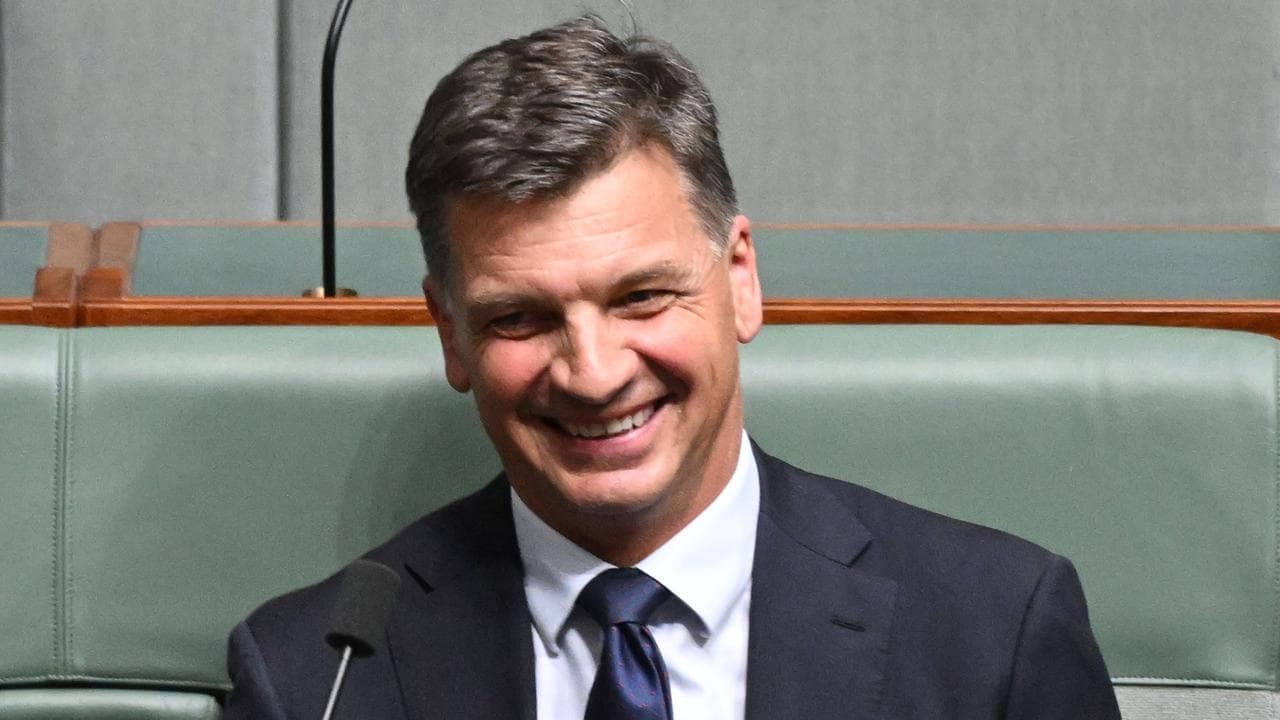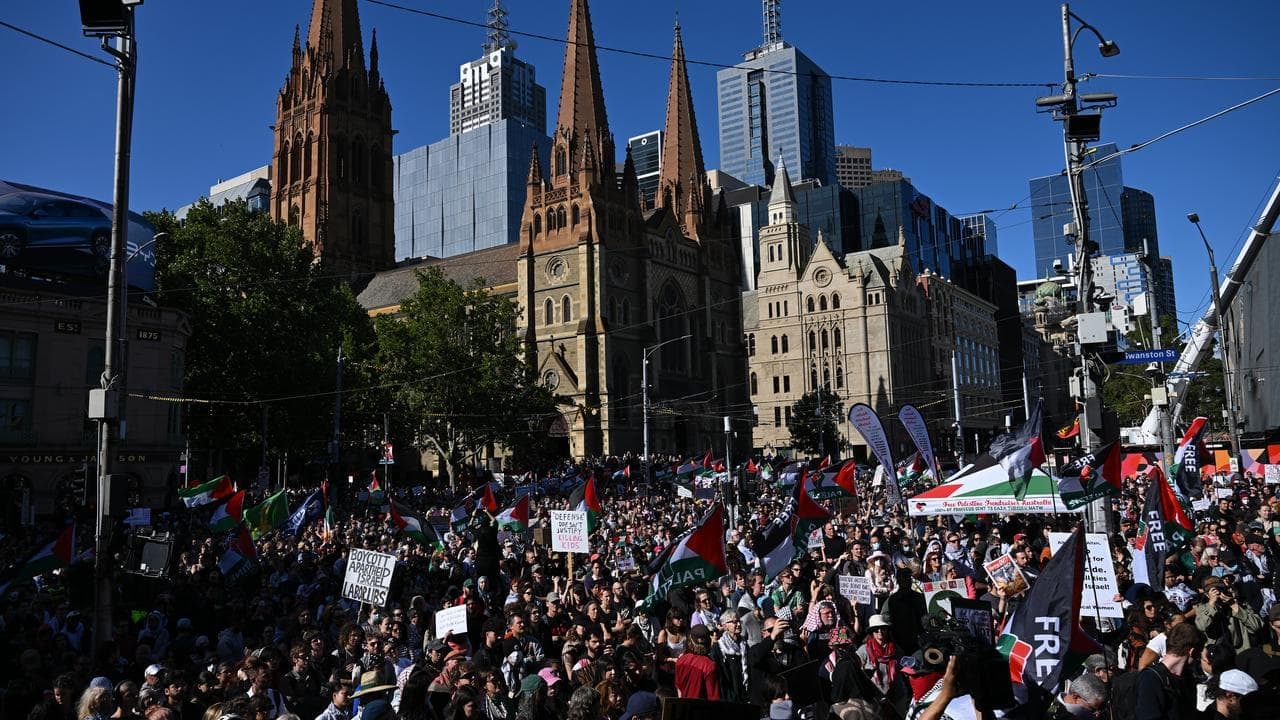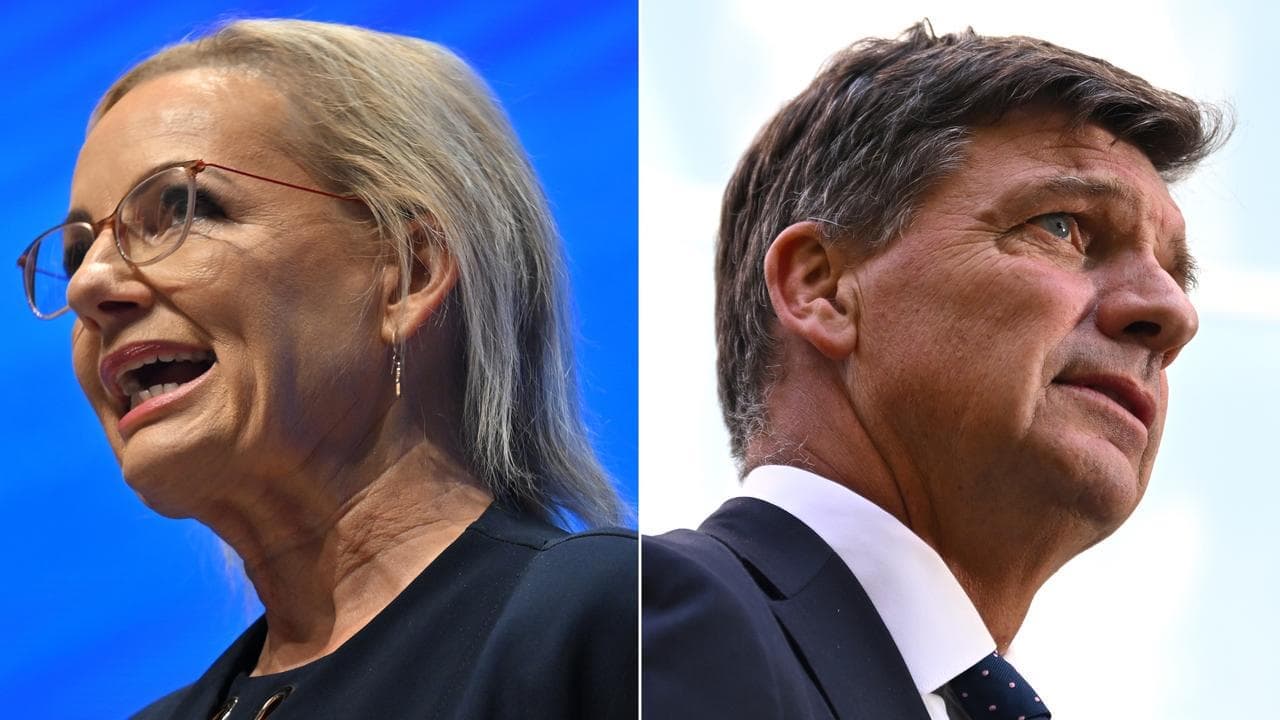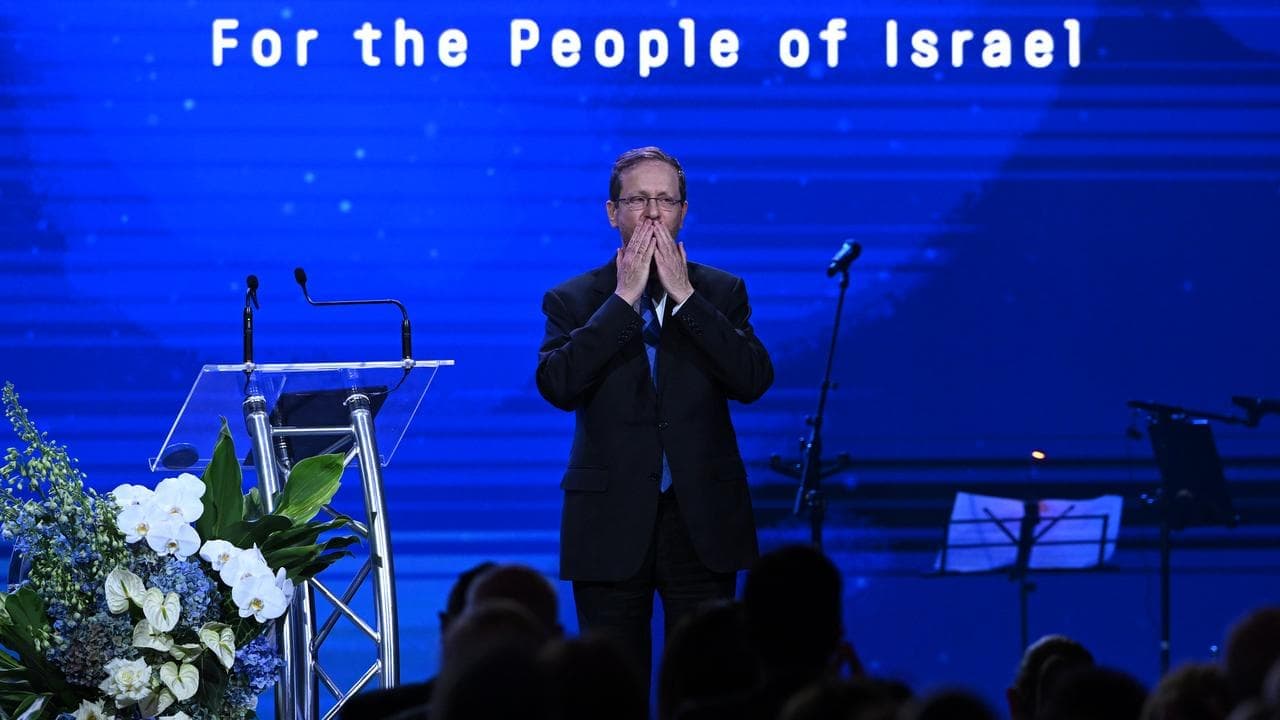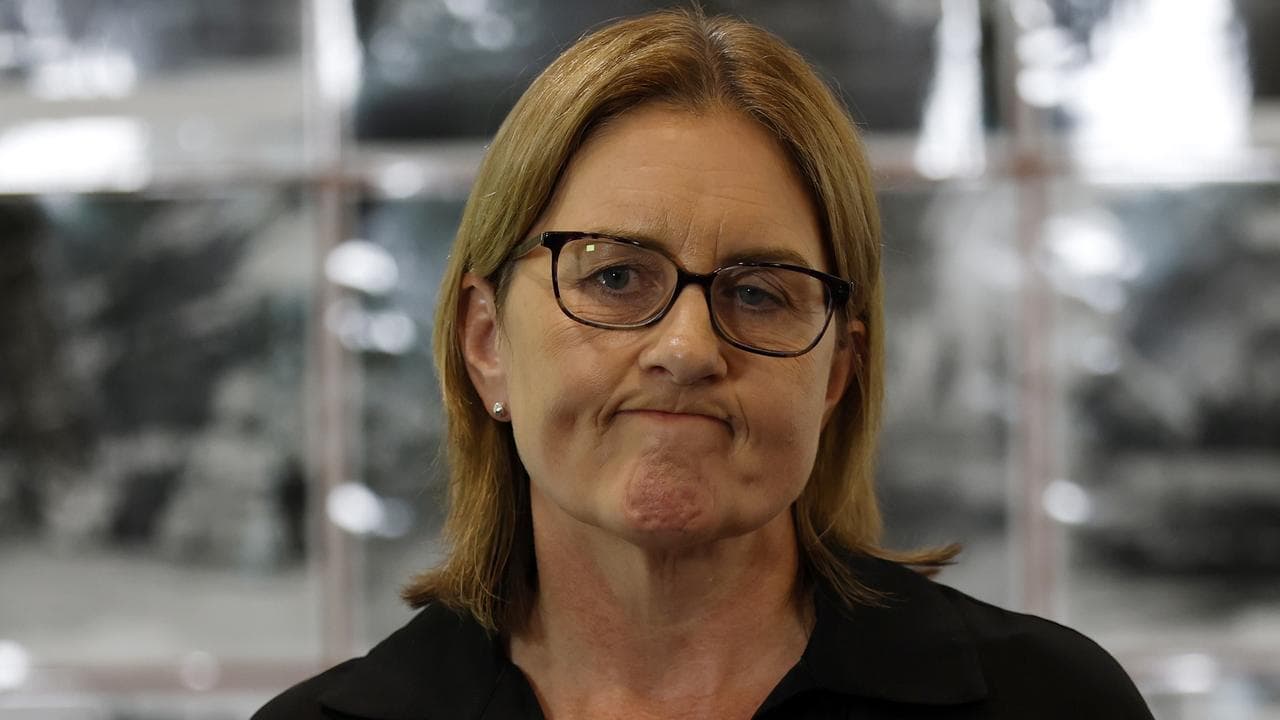WHAT WAS CLAIMED
Images show Fijians who have won thousands of dollars in a special prize draw.
OUR VERDICT
False. The images have been manipulated or are AI-generated.
AAP FACTCHECK - A Facebook page is promoting a fake lottery targeting Fijians, falsely claiming locals have won life-changing sums of money to lure users.
The ads use doctored or artificial intelligence (AI)-generated images and a now-defunct United Arab Emirates-based lottery brand, pushing users to suspicious websites.
A page titled FJ Draws uses the branding of Mahzooz, a UAE lottery brand that ceased operations on January 1, 2024.
The page posts ads showing manipulated or AI-generated images of supposed prizewinners.
In a statement, Mahzooz confirmed to AAP FactCheck it has no association with the page.
The posts frequently promise $FJ200,000 to "10 selected people" and urge users to "apply quickly" by clicking a link, a common method in online scams.
One Facebook ad claims a man named Anania Daunoco received $FJ200,000 to help pay for his father's urgent surgery.

The accompanying image shows two men shaking hands and holding a giant cheque bearing the Mahzooz logo.
However, a reverse image search shows the original photo appeared in a 2022 Fiji Live article about a $FJ100,000 donation from a resort company to the Fiji Rugby Football Union Trust Board.
The names and the amount of money on the cheque have been digitally altered.
In another ad, a group appears to be holding a cheque made out to someone named Vilimone Tabaka.

A reverse image search reveals it was originally posted by the Rotaract Club of Suva and shows a Westpac cheque being donated to the Fiji Cancer Society.
A third manipulated image purports to show a person named Ulaiasi Raturaga winning $FJ200,000.

However, an extremely similar image, published by The Fiji Times in 2023, shows Fijian rugby player Jerry Tuwai donating $FJ20,000 to a local soccer league.
Other ad images contain giveaways they've been generated artificially, including a distorted Fijian flag, a common AI flaw.
Each ad links to a website posing as a lottery portal. The page presents a short questionnaire asking users about their gender, the name of the current prime minister, and whether they've won a prize before.
Regardless of the responses, users are told they're eligible to claim a prize and are redirected to a separate external site.
This redirection technique is often used in phishing scams and may lead users to enter personal information or download malicious software.
HOW TO SPOT A SCAM ON FACEBOOK - RED FLAGS
Exercise caution if a Facebook post includes several of these features:
- An urgent appeal to widely share the post.
- No provided contact details
- Requests for users to send direct or private messages.
- Vague information about the alleged giveaways.
- Account posting the content is newly created, lacks a profile picture, has few friends or is not based in the area concerned.
- Disabled comments, which prevents warnings or clarifications from other users.
AAP FactCheck is an accredited member of the International Fact-Checking Network. To keep up with our latest fact checks, follow us on Facebook, Instagram, Threads, X, BlueSky, TikTok and YouTube.







